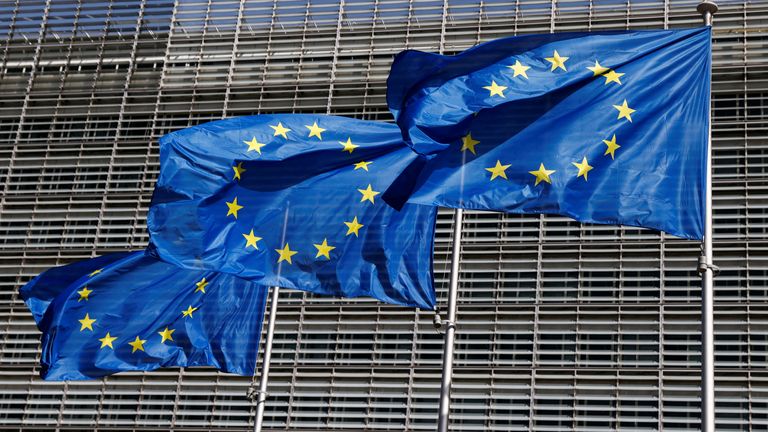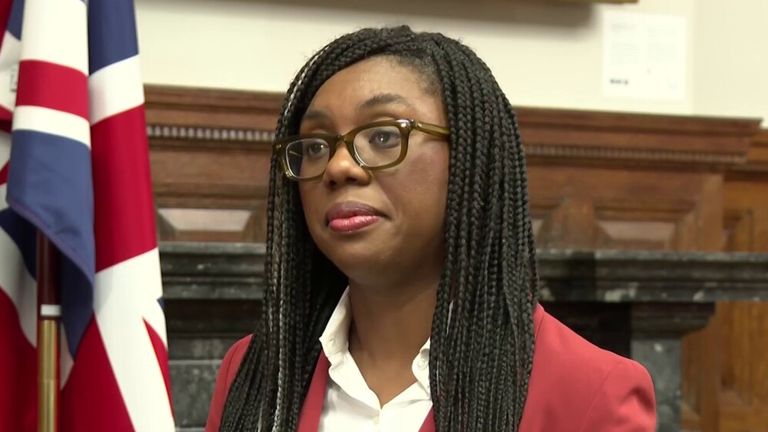Negotiations to agree a post-Brexit trade deal between the UK and Canada have been paused amid an ongoing row over policies affecting beef and cheese.
The countries have been holding talks for the past two years, while widely continuing to trade on EU terms in the interim.
But this has allowed the UK to continue selling its cheese products without facing an import tax, which has caused anger among Canadian farmers.
Follow live: Sunak facing ‘serious’ plot to remove him
The agriculture sector also wants the UK to relax its ban on hormone-treated beef, but ministers are yet to move.
An end to to the talks will mean stricter rules on trade between the states – with concerns the UK car industry will now face large import taxes if selling into Canada.
A UK government spokesperson said: “We have always said we will only negotiate trade deals that deliver for the British people.
“And we reserve the right to pause negotiations with any country if progress is not being made.
“We remain open to restarting talks with Canada in the future to build a stronger trading relationship that benefits businesses and consumers on both sides of the Atlantic.”
Posting on X, Canada’s trade minister, Mary Ng, said: “Our government will never agree to a deal that isn’t good for our workers, farmers and businesses.”
A spokesperson for Ms Ng also revealed to the BBC that she had expressed her “disappointment” to UK Business and Trade Secretary Kemi Badenoch over the end of the talks.
They added that the UK’s “decision to continue to maintain market access barriers for our agriculture industry and unwillingness to reach a mutual agreement has only stalled negotiations”.
But the pause was welcomed by the president of the Nation Farmers’ Union (NFU), Minette Batters, who told the BBC it was “absolutely essential” the government sticks to its “red line” over the ban on hormone-treated beef.
She added: “We have already damaged our economy and agricultural sector by fully liberalising on trade deals with Australia and New Zealand. We had to take a strong line on this and I am pleased that we have otherwise we would drive changes that would never be rectified.”


